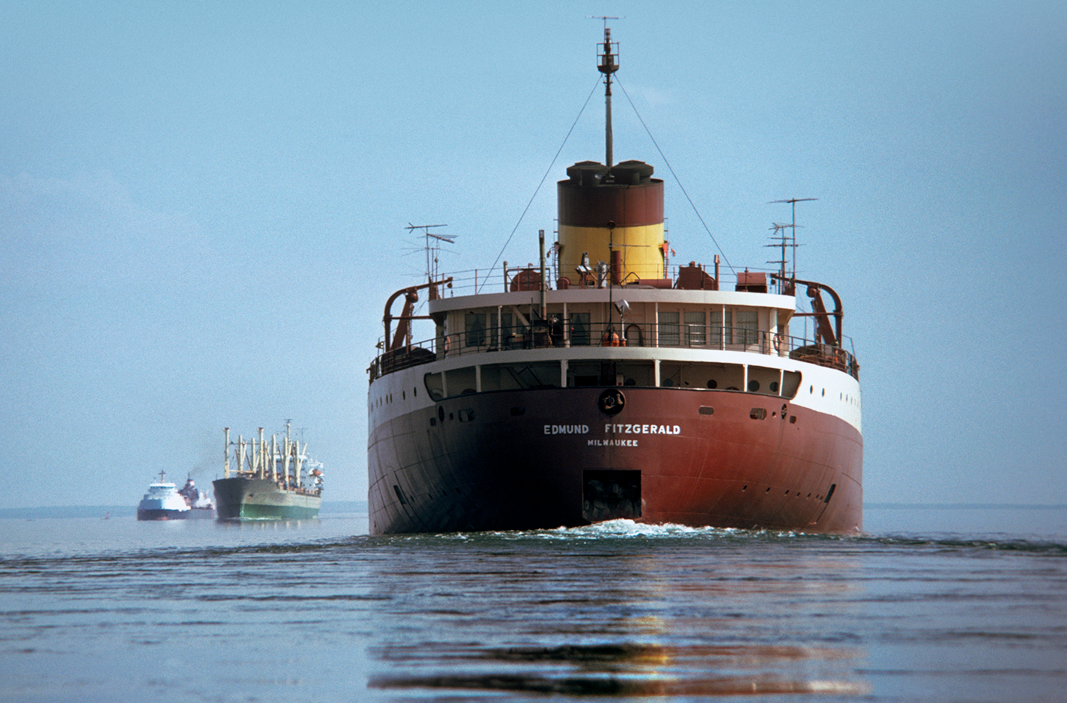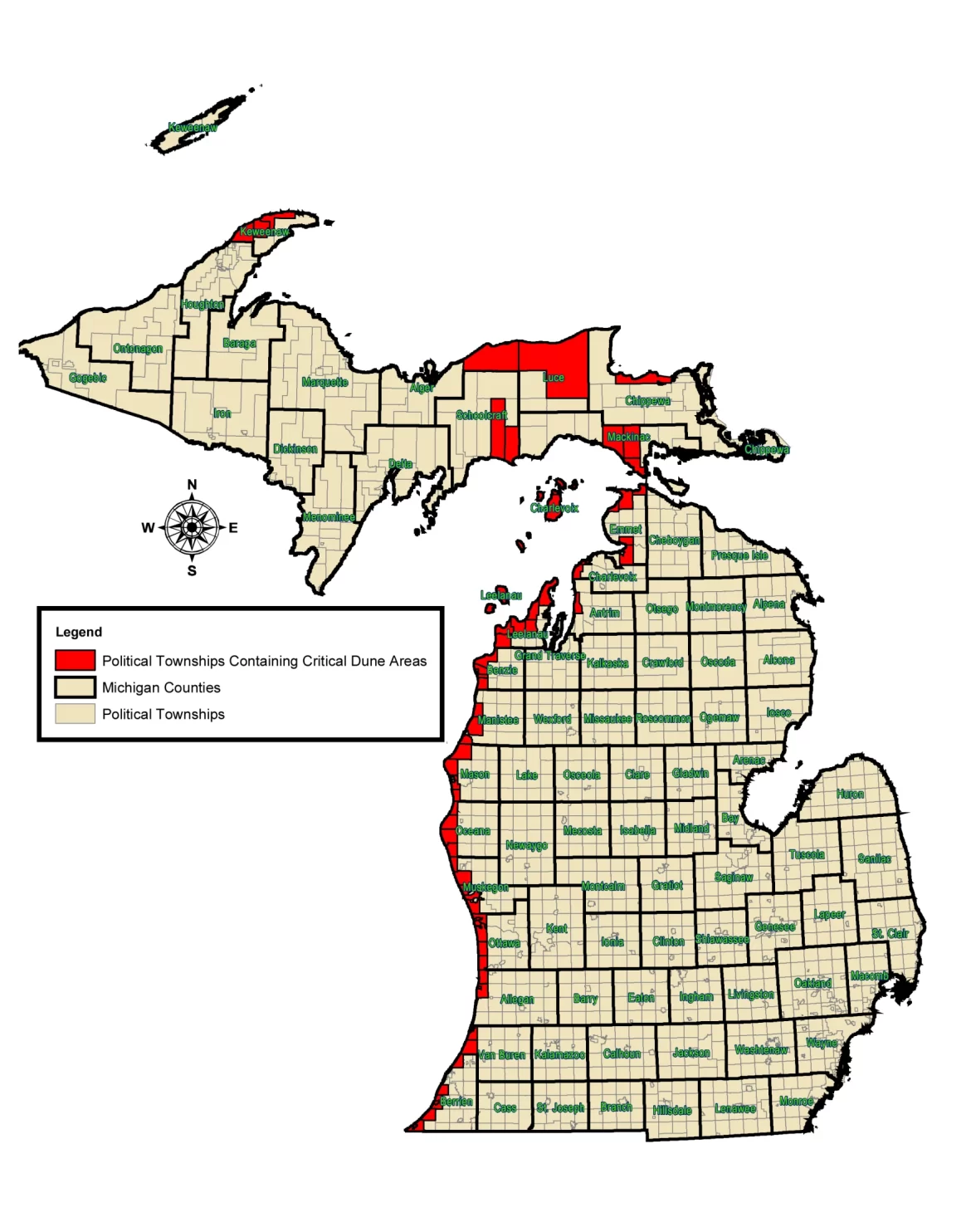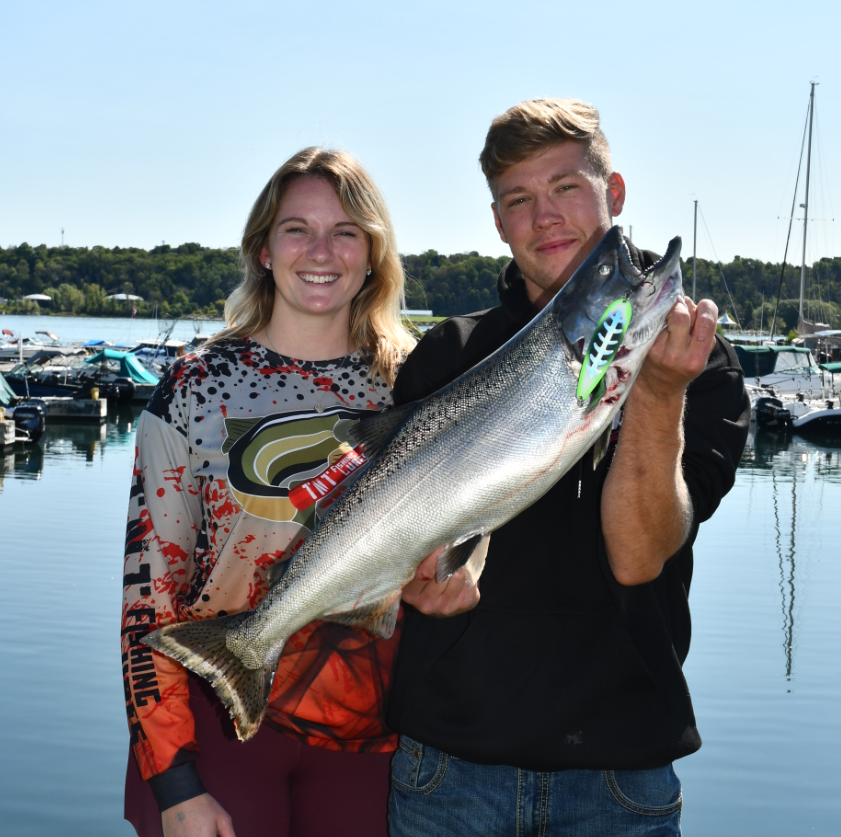Water
How a famous Great Lakes shipwreck became trendy on TikTok
|
By Clara Lincolnhol
As the gales of November approach, social media users are channeling a famous Great Lakes shipwreck as tongue-in-cheek inspiration for a new fall aesthetic. It began with a video comedian Django Gold posted to TikTok in September. “Brat Summer is over. It’s time for Wreck of the Edmund Fitzgerald Fall,” Gold says in the short video, which has nearly 23,000 likes. Gordon Lightfoot’s song “The Wreck of the Edmund Fitzgerald” plays in the background.



